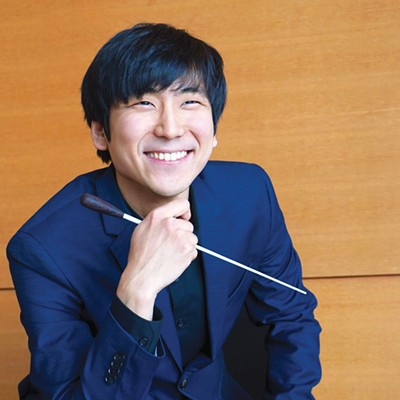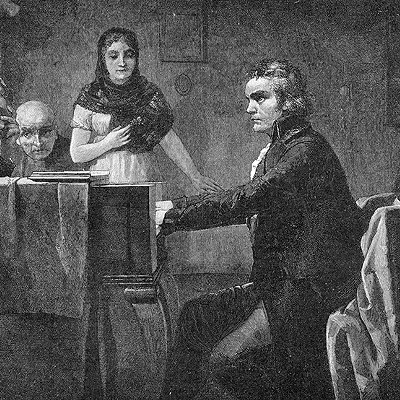Associate professor Nathan Steele, Ph.D., a popular and respected instructor and researcher in the University of Illinois Springfield’s college of business and management for over a decade, is excited about his recent appointment as director of the university’s Master of Business Administration program. He especially wants to clear up what he sees as some misconceptions about the degree.
“The MBA is a very effective advanced business degree,” he said. “If you find yourself in a situation of senior management for an organization, a lot of folks see the MBA as the next proper stone in that career path. However, there are many people who are in management or business administration roles but don’t think of themselves that way.” Steele includes administrators in the health care and nonprofit sectors as well as those running volunteer organizations or starting entrepreneurial ventures of their own as some of those who would benefit from seeking an MBA.
“It is a highly functional degree for a wide variety of people because, although you will learn some specific content regarding accounting practices and finance, a lot of the things you can learn through a general MBA can be utilized in any environment – even in the home or informal social situations,” Steele said. “I teach broadly about why human beings do what they do. A lot of the skills we are teaching are applicable to a wide variety of situations.”
According to Steele, while students currently studying in the program run a fairly broad gamut, it could stand to be even broader. “I do get students from both within and outside of the program because my courses tend to be popular and secretaries from other programs will often suggest them to master’s students in the accountancy and management information science programs,” he said. “I wind up getting some communication majors and public administration majors – but it’s mostly accountancy and business administration students I wind up with.” Steele noted that the program tends to enroll a higher number of female students than other business schools. “Usually that ratio is somewhere around 66-35 male-to-female for business schools, but our program tends to run around 60-40 female-to-male.”
Still, the program is not as diverse as Steele would like. There are several lesser known features to the program that he hopes could change people’s minds. “We have great flexibility in terms of how long it can take to complete the degree program – ranging from a year-and-a-half to two-and-a-half years.” There is also a weekend cohort program held in Peoria, which some students from the Urbana-Champaign campus have registered for, in which a group of MBA students meet and work together on three courses per semester, in a structured fashion which helps them absorb the coursework as a group. “We get a lot of students from here in town, but not nearly as many as we get from other places,” Steele said, noting recent enrollees from Illinois College, Truman State, Northern Illinois University and Purdue.
Steele expressed surprise that more UIS undergraduate students don’t choose to continue into the MBA program. “If you are in the honor society here, you don’t have to take the GMAT (Graduate Management Admission Test) to get into our program. You’d think that would be the bulk of our MBA students, but it isn’t. I’ll see one or two in a given semester who I’ve seen before as undergrads, but that’s about it.” He also points out that there are alternative admission requirements available for nontraditional students who may have been out of school for a long time, including allowing the GMAT requirement to be waived in the cases of prospective students who can demonstrate significant real world supervisory experience over an extended period.
Steele said that he has found that when students with a decade or more of work experience interact with less worldly students, strong learning dynamics can result. “I think the value of the MBA program isn’t just in the rigid coursework set by the university,” he said. “Often it’s in the networks that the students build, along with opportunities to interact with a variety industries and fields.”
Scott Faingold can be reached at [email protected].




















